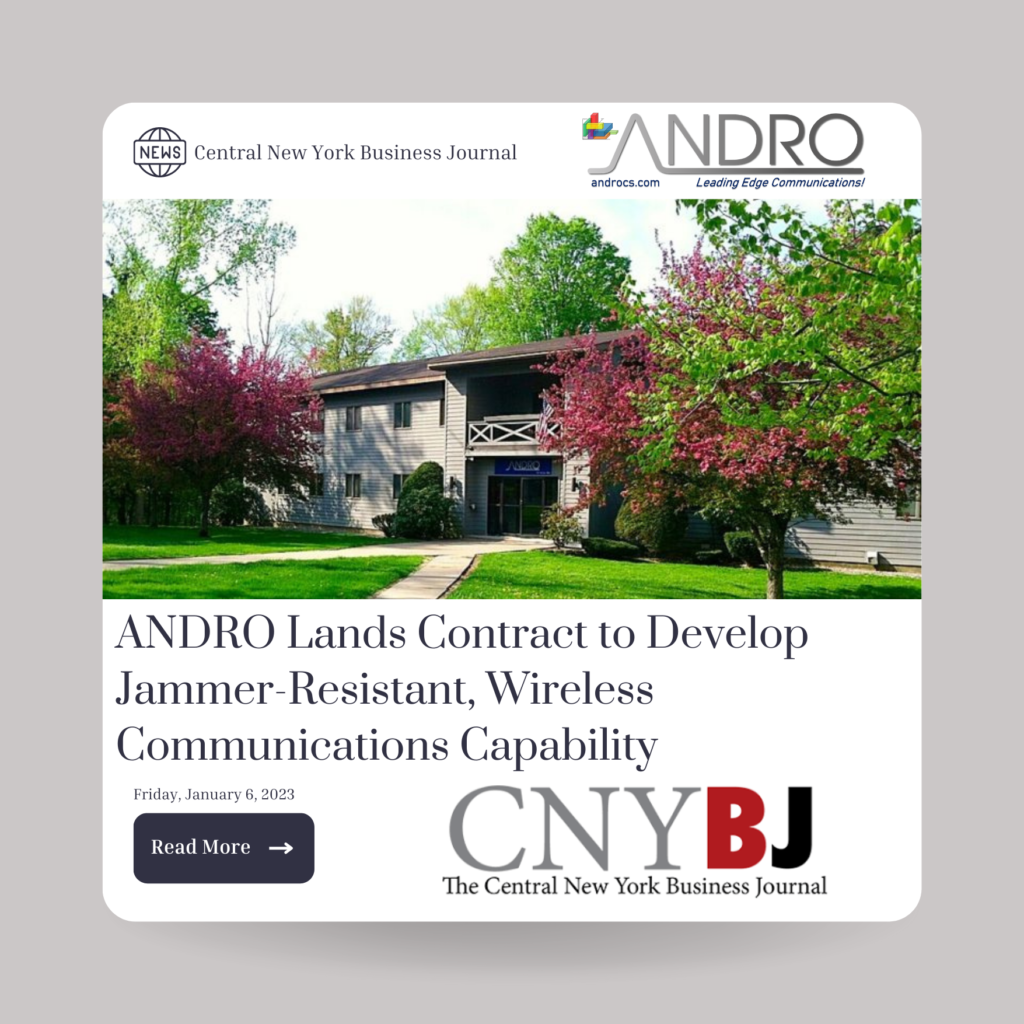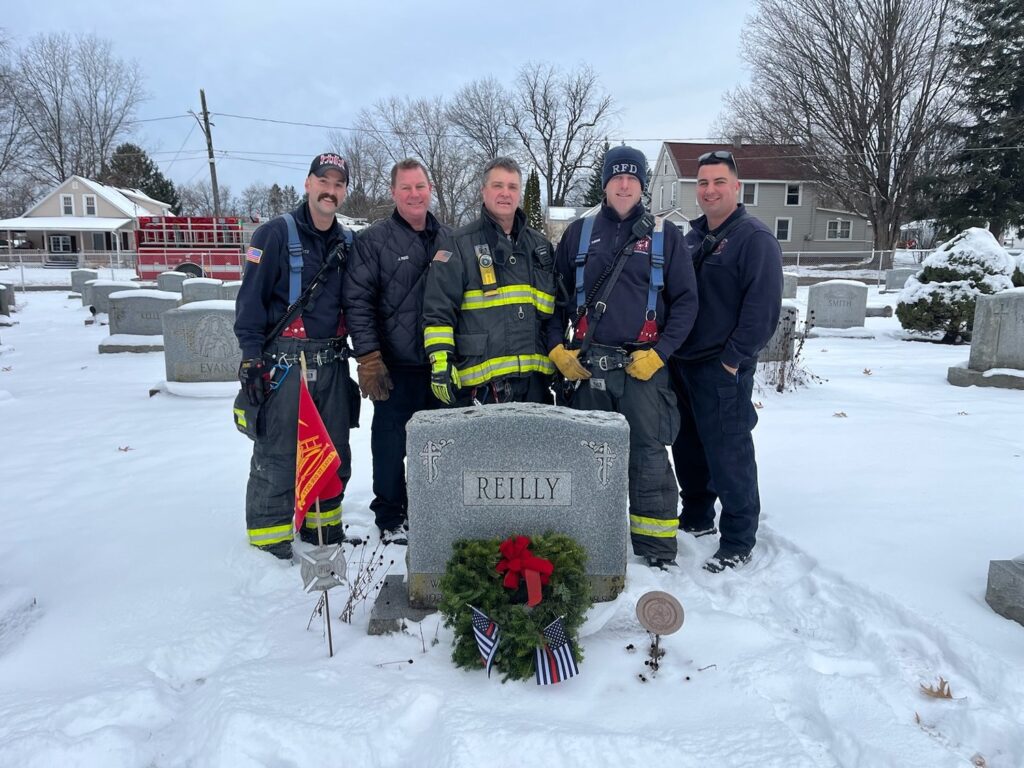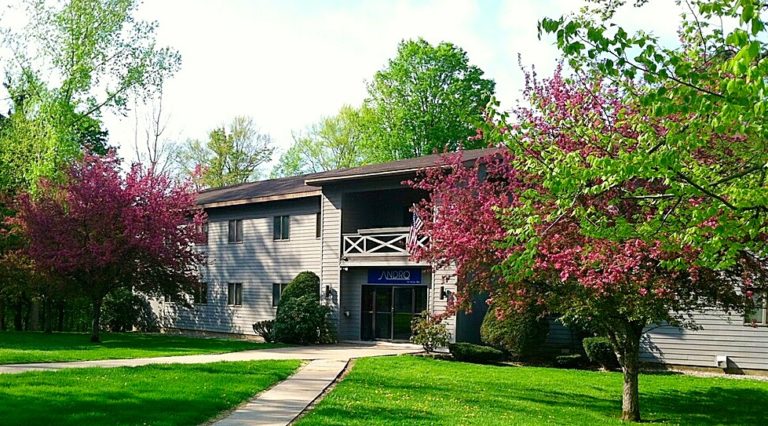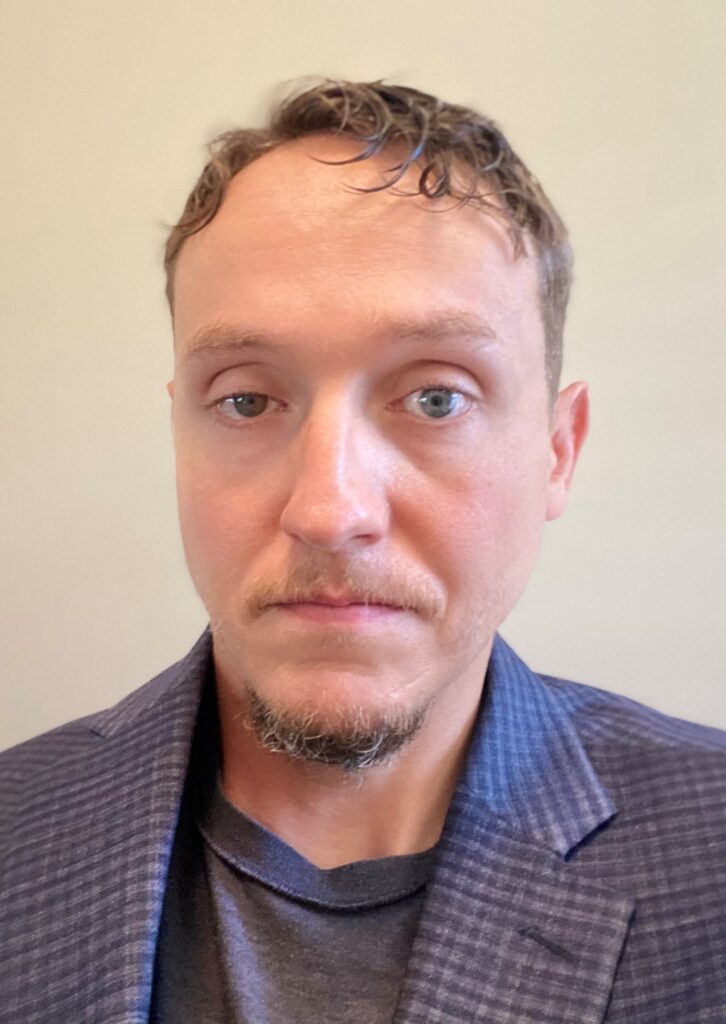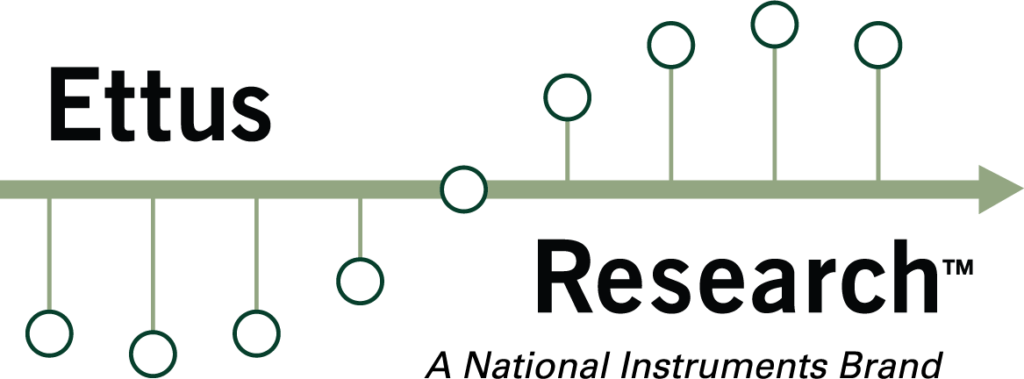BOSTON, Sept. 27, 2022 /PRNewswire/ — The Institute for the Wireless Internet of Things at Northeastern University is pleased to announce the creation of Open6G, a new US Department of Defense (DoD) supported industry-university cooperative research center focused on future open, programmable, and disaggregated 6G systems. Open6G is led by an anchor award under the auspices of the Innovate Beyond 5G thrust within the 5G-to-xG Initiative, Office of the Under Secretary of Defense (Research and Engineering) (OUSD(R&E)). The technical effort will be housed at Northeastern University’s Institute for Wireless Internet of Things. Industry partners and collaborators of the Institute for the Wireless Internet of Things (WIoT) who are active in the wireless, defense, computing, and manufacturing industries include A5G Networks, AiRANACULUS, AMD, ANDRO Computational Solutions, AT&T, Bionet Sonar, Dell Technologies, InterDigital, Keysight Technologies, MathWorks, Mavenir, MITRE, Nexcepta, NI (formerly National Instruments), NVIDIA, Qualcomm Inc., Raytheon Technologies, Red Hat, US Ignite, and VIAVI.
Northeastern University’s Institute for the Wireless Internet of Things Launches Open6G Research and Development Center
The new Open6G facility will occupy approximately 4600 square feet of prime space at the Innovation Campus in Burlington, MA, and will be co-located with Colosseum, the world’s largest radio frequency channel emulator enabling the building and testing of intelligent, autonomous, collaborative, wireless technologies for military and commercial use; a massive AI computing capability; and one of the world’s largest anechoic chambers.
Open6G‘s overarching goal is to create a Federal-Industry-University cooperative research, development, testing, and commercialization hub to jumpstart beyond-5G systems research. It will explore themes such as future spectrum access and exploitation, performance of Open RAN architectures, AI/ML for inference and control, mmWave and Terahertz systems, Digital Twins, Augmented and Virtual Reality, and Web 3.0, among others. Open6G will provide testbed-as-a-service capabilities to its partners through state-of-the-art infrastructure spanning unique test facilities including Colosseum, Arena, XMili, and Teranova. Open6G will develop a common reference architecture and open source software for B5G/6G based on the 3rd Generation Partnership Project (3GPP) standards and O-RAN specifications, via public releases of the OpenAirInterface Software Alliance (OSA) stack.
Open6G will be supported by an array of state-of-the-art facilities and resources within Northeastern’s College of Engineering:
Colosseum is the world’s largest emulator of virtualized wireless systems. Its massive computing resources (CPU, GPU, FPGA) empower WIoT to research, develop, and test systems like 5G, O-RAN, AI, Spectrum, IoT, or drones. AI-Jump Start Rack’s unique AI+wireless experimental facilities can perform large-scale training of RF datasets collected on Colosseum, real-time, AI-driven signal processing, and model-free adaptation and network control, which allows WIoT to extend Colosseum’s AI capabilities. Arena is an open-access indoor wireless testing platform that can provide a real-time real-channel evaluation platform with fully synchronized testbed and can perform repeatable, flexible, and scalable high-fi indoor experiments. XMili (mmWave) is the largest mmWave testbed available in the nation; Teranova is the first testbed enabling transmissions above 1 THz (or true terahertz), and ultrabroadband real time signal processing. WIoT is home to one of 4 Nationwide FCC Innovation Zones, located at Northeastern University’s main campus in Boston, MA, and Innovation Campus in Burlington, MA. WIoT’s FCC Innovation zone caters to a wide range of frequencies and is the first and only Innovation Zone to support frequencies in the ranges of: 71-86 GHz, 122.5-140 GHz, 209-225 GHz, 232-235 GHz, 238-250 GHz, and 1-1.05 THz. RFData Factory is a one-stop resource for wireless dataset generation, curation, and sharing.
“Open6G will offer the expertise of Northeastern faculty, researchers, and students to create partnerships that will shape the future of our connected world”, says Prof. Tommaso Melodia, Director of Northeastern University’s Institute for the Wireless Internet of Things, and Director of Research for the PAWR Project Office. “We will work with our partners in academia, industry, and government to consolidate the role of Open6G as a leading national resource for next generation wireless systems, their applications, and their societal impact.”
Dr. Sumit Roy, Program Director for Innovate Beyond 5G at OUSD(R&E), stated, “DoD cannot afford to sit on the sidelines and rely purely on commercial industry to develop B5G capabilities; it must invest in open standards based system integration test labs aligned with DoD applications. The Open6G Center will accelerate core beyond-5G protocol stack components that serve both DoD and commercial wireless requirements and applications. The 6G oriented research, development, test & evaluation infrastructure developed by Open6G with Federal and Industry partner support will constitute a key element of North American leadership in future “Next G” technologies”.
For more information on Open6G, please visit: www.open6g.us
About the Institute for the Wireless Internet of Things at Northeastern University.
The Institute for the Wireless Internet of Things (WIoT) at Northeastern University is an interdisciplinary research center, a think tank, and a technology incubator promoting advancement in the areas of connected systems and their societal applications and implications. WIoT conducts cutting-edge research, develops new cross-disciplinary educational models, and new technologies for networked systems at the intersection between the physical and the digital worlds and on their legal, economic, ethical, and policy implications. WIoT is home to leading national programs such as the NSF Platforms for Advanced Wireless Research, 5G/6G R&D Centers, AI for wireless systems, and future spectrum exploitation. The Open6G project is managed by the Kostas Research Institute through a cooperative agreement with the Army Research Laboratory.
For more information on the Institute for the Wireless Internet of Things, please visit: https://www.northeastern.edu/wiot
805 Columbus Ave., Boston, MA 02120
(617) 373 – 4897
wiot@northeastern.edu
Read the full story here: Northeastern University’s Institute for the Wireless Internet of Things (WIoT) launches OUSD(R&E) Funded Open6G Cooperative Research and Development Center (yahoo.com)

